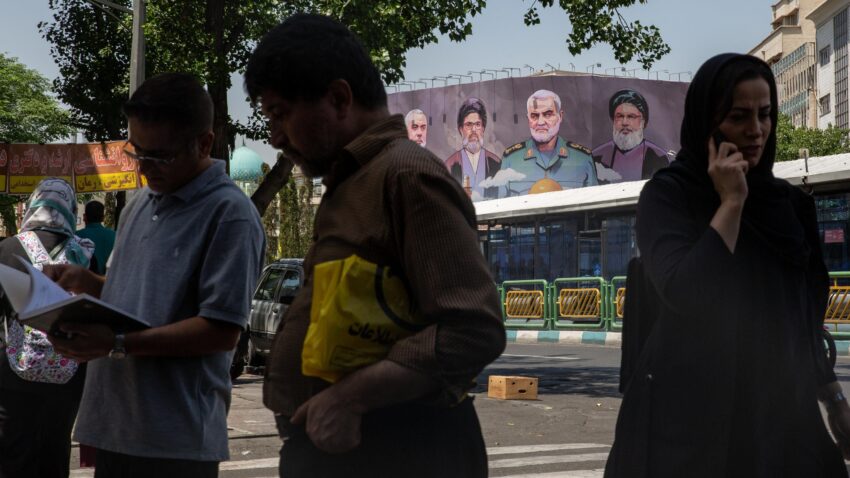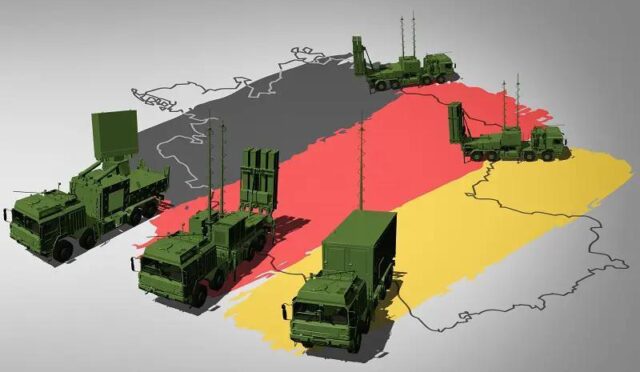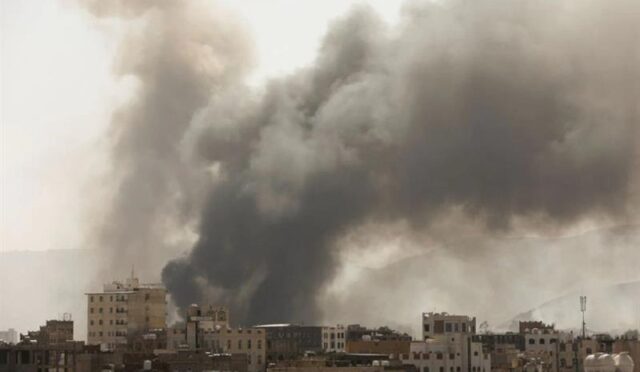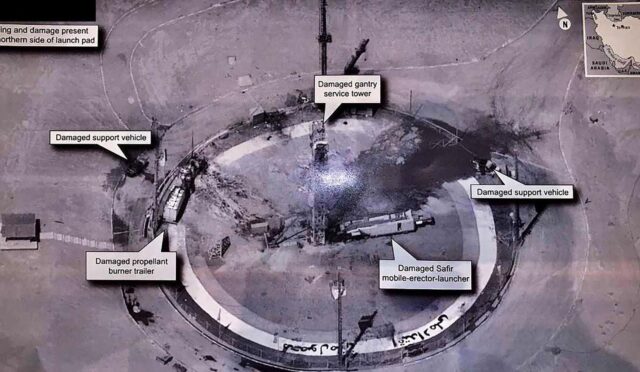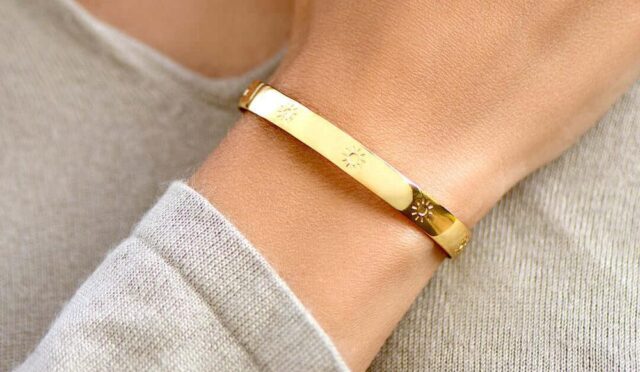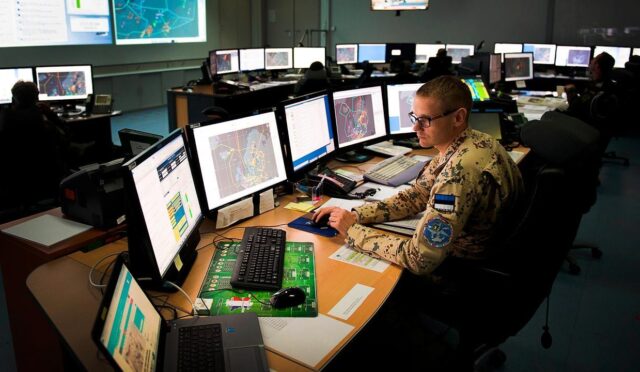Iran Nuclear Deal: Trump’s Promising Remarks in the Gulf
In a significant announcement during his tour of Gulf capitals, U.S. President Donald Trump indicated that the United States is nearing a nuclear deal with Iran. This deal, if finalized, is expected to deter military actions against the nation. While in Doha, Qatar, Trump emphasized the importance of diplomacy over confrontation, stating that progress is being made towards an agreement that could prevent military interventions.
Trump’s tour, which also included a stop in the United Arab Emirates, resulted in a major investment pledge from the UAE amounting to $1.4 trillion over the next decade. This commitment comes amidst a broader effort to bolster economic ties in the region, which included lifting long-standing sanctions on Syria. Trump’s remarks on Iran were followed by a notable drop in oil prices, a signal of the market’s optimism regarding the potential easing of restrictions that would allow Iranian oil exports back on the market.
Key Economic Investments and Partnerships
During his visit to the UAE, President Trump received a warm welcome from Sheikh Mohamed bin Zayed, the nation’s president, who outlined plans to invest substantially in the U.S. economy. This investment will focus on various sectors including technology, artificial intelligence, and energy. Sheikh Mohamed highlighted the strengthening ties between the UAE and the U.S., especially since Trump’s presidency began, marking an unprecedented era of collaboration.
The Emirati press reported that discussions are underway for a significant AI and technology partnership as part of the economic collaboration efforts. These advancements are crucial for the UAE as they strive to diversify their economy away from oil dependency. The UAE’s ambitions, however, hinge on gaining access to advanced technologies from the U.S., including AI chips, which had previously faced tight export restrictions.
Diplomatic Developments and Controversy
In his push for peace in the region, Trump noted that Iran appears to be amenable to certain terms regarding their nuclear program. This emerging consensus comes after rounds of negotiations and public statements from Iranian officials about willingness to build trust, provided that Western sanctions are lifted. Iran’s Foreign Minister underlined that while no formal proposals have been received yet from the U.S., the dialogue remains open.
However, Trump’s Gulf tour has drawn scrutiny and sparked controversy. Critics have raised concerns about the lavish gifts offered to Trump by Gulf leaders, including a luxury aircraft from Qatar. Such gestures have prompted accusations of corruption from his political opponents. Throughout the tour, Trump notably refrained from addressing issues related to human rights, a stark contrast to the Biden administration’s earlier stance on Saudi Arabia’s Crown Prince Mohammed bin Salman in relation to the murder of journalist Jamal Khashoggi.
Reinforcing Alliances and Military Cooperation
Trump’s meetings with Middle Eastern leaders also focused on military collaboration and strategic partnerships. Notably, the president publicly agreed to lift sanctions on Syria, a significant decision endorsed by Crown Prince Mohammed bin Salman. This move came alongside a historical meeting in Riyadh with Syria’s interim President, Ahmed al-Sharaa, marking the first engagement between U.S. and Syrian leaders in over two decades.
During this meeting, al-Sharaa, who once appeared on the U.S. wanted list, was praised by Trump, showing the complexities of U.S. foreign policy in the region. Such diplomatic gestures underscore a shift towards reinvigorating relationships that had previously been strained, illustrating Trump’s willingness to engage leaders regardless of their controversial pasts.
Investment and Economic Insights
Assessing the economic implications of this tour, Trump projected that the combined investments from the Gulf could yield between $3.5 trillion to $4 trillion. This forecast comes on the heels of several substantial deals, including a reported $200 billion agreement with Boeing for aircraft, marking a critical win for American industry amid his diplomatic efforts.
Moreover, Saudi Arabia’s own commitments, promising $600 billion in investments, showcase the robust economic relationships being forged under Trump’s administration. These financial accords are pivotal as they not only enhance U.S. economic interests but also serve to stabilize relations in a region historically fraught with tensions.
Local Reception and Cultural Engagement
Trump’s visit was marked by a vibrant cultural reception, reflecting the warm relations cultivated during his administration’s engagement in the region. As he arrived in Abu Dhabi, crowds, including children waving flags and performers showcasing traditional dances, greeted him, presenting a contrasting image to the often politically charged atmosphere that can dominate U.S. engagements in the Middle East.
In addition to official meetings, Trump took the time to tour the Sheikh Zayed Mosque, a symbol of the UAE’s architectural grandeur and cultural heritage. This visit not only highlights the importance of cultural diplomacy but also underscores Trump’s efforts to strengthen ties through mutual respect and understanding of regional traditions.
